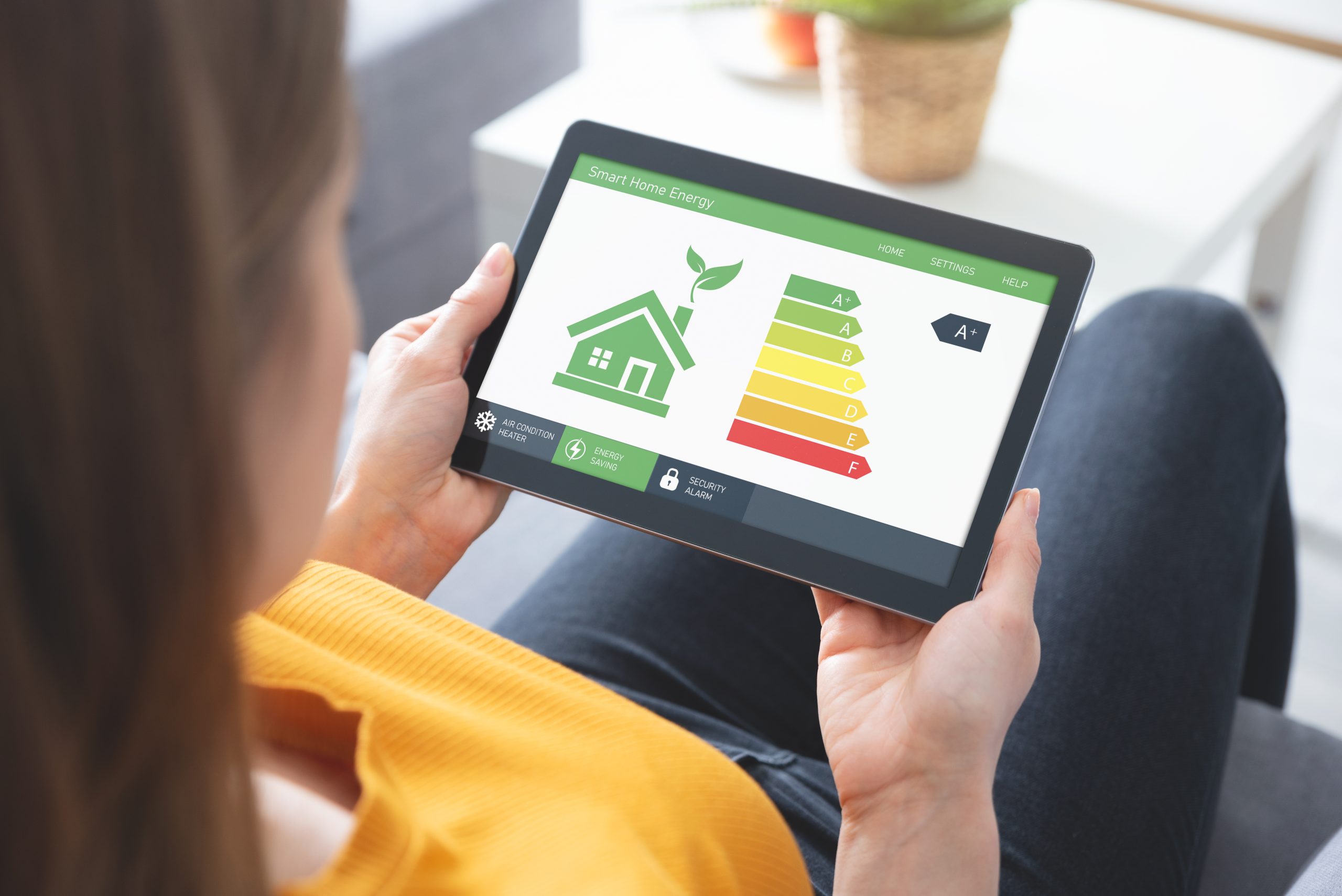8 out of 10 Homeowners Still Using Gas, While 73% Unaware of Low-carbon Alternatives

UK consumers still overwhelmingly rely on carbon-intensive home heating systems, and 79% use a gas boiler. Just 4% of homeowners use an air-source heat pump in their homes, and 73% don’t know enough about low-carbon heating options to make an informed decision about switching – according to a new survey from Mitsubishi Electric and Censuswide.
Misconceptions around the benefits of heat pumps remain and need to be dismantled
The UK has a legally binding target of reaching net zero carbon emissions by 2050, and an ambitious target of installing 600,000 heat pumps per year by 2028. However, ongoing misconceptions and a lack of understanding about renewable heating are hampering uptake from homeowners – meaning that the installation of heat pumps of homes is falling behind the commercial sector.
In a survey of 2,025 UK homeowners in July 2024, it was revealed that nearly half (49%) of UK consumers want to buy low-carbon heating solutions, but their understanding of heat pump technology remains low. Almost a fifth of homeowners (18%) wrongly believe that gas boilers are the most sustainable home heating option, and just 25% think that heat pumps are the most environmentally friendly alternative available.
Around three-quarters (73%) of consumers also don’t feel they know enough about heat pumps or other renewable heating options to make an informed decision about installing one in their home.
There are also gaps in knowledge around the potential financial benefits of moving to a heat pump. In fact, over a third (39%) of UK homeowners feel there is a lack of evidence of the long-term cost savings installing a heat pump could provide.
Misconceptions around heat pumps also need to be tackled by installers. 36% of installers currently don’t see the financial benefits of learning to install one – while 23% are not interested in learning to upskill. These factors combined have led to more than half of UK builders lacking the knowledge needed to recommend heat pumps to their client base.
Charlotte Lee, Chief Executive of the Heat Pump Association, said, “The way we heat our buildings accounts for a third of carbon emissions in the UK, so encouraging the adoption of renewable heating alternatives like heat pumps is critical to achieving the challenging legal targets ahead of us. Yet barriers to moving from early to widespread adoption of heat pumps remain. These include a lack of awareness and acceptance of renewable options amongst consumers, the relative price of electricity and gas- which distorts the heating market and the provision of long-term policy certainty from the government which would provide the sector with confidence to invest. These barriers must be addressed if we want to see an accelerated deployment of heat pumps in people’s homes and businesses, in the coming years.”
Homeowners are reluctant to follow business spend on renewable heating
Greater financial support would be the number one motivator for consumers to switch to a heat pump, with 44% wanting a funding grant to cover the cost of installing a new system in their building.
This desire for funding has already led to increasing demand for the Boiler Upgrade Scheme, with applications more than doubling in April this year compared to the same month in 2023 since grants increased from £5,000 to £7,500, and continuing to rise with 12% higher uptake in September 2024 than August 2024. In the recent Autumn Budget, £3.4bn was allocated to heat decarbonisation, including the Warm Homes Plan and further funding for the Boiler Upgrade Scheme to keep up with consumer demand.
On the commercial front, progress in heat pump uptake is already being made, supported by schemes such as the Public Sector Decarbonisation Scheme, which is helping to exemplify the benefits that heat pump technology can bring.
Both homeowners and businesses would like to know where they can get helpful advice and information on heat pumps from installers, which would increase their understanding of the technology. Currently, almost 15% homeowners believe that the absence of a skilled heat pump installer hinders buying one.
Installers also believe cost is the main consideration for their residential and non-residential client base. Over half (58%) of installers think that grant and funding options are the most important consideration for homeowners and over a quarter (27%) of businesses.
Installers agree that support – whether financial, skills-based or educational – needs to be replicated for the UK’s installer base and homeowners. 30% believe more financial support is needed from the government for upskilling installers, and a further 30% believe more options for upskilling are needed from manufacturers to increase heat pump uptake in the market.
Russell Dean, Deputy Divisional Manager, Living Environment Systems at Mitsubishi Electric, said, “It is evident that the cost of running a heat pump is one of the biggest barriers to increased uptake in the UK, because of the price of electricity in comparison to gas. It’s been encouraging to see homeowners receive government schemes like the Boiler Upgrade Scheme well. But we also need both the public and private sectors to continue to raise awareness of the benefits of heat pumps and to keep equipping installers with the skills to advise consumers on heat pumps as an option for home heating to see uptake continue to rise”.
Decoupling the cost of electricity and gas would help lower running costs
Another way to combat costs and boost the uptake of renewables would be by decoupling the cost of electricity from gas. If electricity prices were lower and heat pumps were cheaper to run, nearly half (44%) of UK homeowners say they would either consider or immediately switch to a heat pump.
Research from Doctor Ed Manderson, Senior Lecturer at the Department of Economics at the University of Manchester, found during the natural gas spike of 2021-23, decoupling the price of electricity generated from renewables from natural gas prices would have resulted in substantial annual savings for both households and businesses. The average household would have saved £131 on their energy bill in 2022 (equating to 15% of the average bill), rising to £178 if onshore wind generation was doubled. Businesses could have saved £2,426, increasing by a further 30-40% with greater onshore wind.

